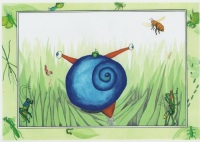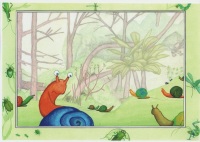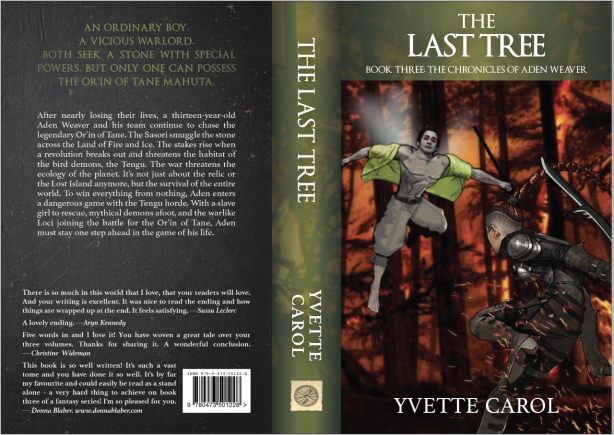‘This is the best time in history to be a writer. Today, you can bypass the gatekeepers.’ So said the author, Andy Weir.

It is also said, there will be more books published in the next five years than have been published since the invention of the printing press.
“Going Indie” means everyone can publish their own work, which is wonderful news. This effectively means that the author takes on the lion’s share of the burden.
Personally? Long story short: In September, I self-pubbed my first book*, then I found mistakes, recalled the book, and have been editing for the last 3 months.

My eldest son asked me the other night, Why are there so many mistakes?
A perfectly presented and edited book is not a freak of nature, my son. They do not just happen by themselves, you know.
Once upon a time, the large traditional publishing houses were the so-called “gatekeepers.” These big publishers (and loads of smaller ones) employed all the experts in the industry to curate and produce their perfectly-turned out books. Many different professionals had input on guiding every author’s work into an error-free work of art.

As opposed to the past, these days, self-publishing is becoming more accepted and is becoming a phenomenon. Some Indies have done very well at it and made loads of money. Some have ended up being signed to traditional publishing companies. For every Indie author who wins, however, a gazillion fall by the wayside with their hard-won novels fading into obscurity.
I’ve blogged before about how I held on stubbornly to my dream of being picked up by a traditional publisher. However, even the rock of Gibraltar is wearing away with the years, I’m sure, and the attrition of the fact that everyone’s doing it had a pumice-type of effect, because last year, for the first time, I began to consider publishing my own book.

I was busy editing the first book in my Fantasy Tween Fiction series, The Chronicles of Aden Weaver, called ‘The Or’in of Tane Mahuta,’ for the umpteenth time, through the critique group process.
When I felt it was ready, instead of submitting the manuscript to publishers, I hired an American professional to edit it for me. In my innocence, I imagined that once I put in the editor’s changes, I would be ready to upload and to go to print.
Yet, once I did get to that stage, author friends told me, no, no, no, you need to get as many people to read it as possible.

Therefore, I asked friends who are well-published authors to proof-read it for me. I made more changes to the copy following the editing suggestions. I then had a very kind friend, who has published more than thirty books with a NZ publisher, give the book one last edit, just to catch the last two or three mistakes. Then, I read it myself one last time.
Finally, after six months effort, I handed over the manuscript to a local typesetter and printing house, BookPrint.

The same day I launched the book, it came to my attention that there were still some errors in the book. Despite the carefully editing and checking, a few things had been missed. As my author friend said, ‘Your name is going to be on that book forever, how do you feel about that?’
I recalled the book.
I proof-read another three times, picking up a surprising number of mistakes.
The time had come, I realized, when I needed to hire a second professional proof-reader. This girl did a stellar job, finding “70 inconsistencies,” and she delivered the edits within the time she’d predicted.
I read it through and edited it another two times after that.

To be absolutely certain, I asked the proofreader to read it through again for me. She did so and found yet more errors. Sigh.
*Indies who are reading this, wait, don’t be discouraged. Be informed. Go into this battle arena clear-eyed, focused and aware of your tactics.

Here’s how you can benefit from my experience. When you’re ready to self publish your book:
- Hire professionals, one after the other, to catch what the other has missed.
- Hire people who come well recommended to you.
- Double- check and check your work again!
- Be prepared for everything to take longer than you expect. I think it’s more realistic when planning a self-published novel to do it this way: set a launch date for your book, take that length of time and double it. That’s your realistic projected date of publication.

‘This is the best time in history to be a writer.’ Yes, agreed. We are lucky we can ‘bypass the gatekeepers.’
Is it hard? Yes.
Yet, you gain the reward, the satisfaction at the end. When you publish your own as-near-perfect-as-you-can-get-it novel, as I did yesterday, the sheer sense of absolute triumph is immense. I felt as mighty as a victorious Viking.
And just in time for Christmas. Squeee!!!
What are you doing as an Indie? Do you have any tips to suggest?

Keep Creating!
Yvette K. Carol
+
Raise your sail one foot and you get ten feet of wind. – Chinese Proverb
*my recently self-published debut novel, ‘The Or’in of Tane Mahuta.’
















I’m always flabbergasted when I find, actually that’s not true, when my editor finds, mistakes in my copy. I send it believing it’s near perfect. When I get it back and see the stupid, silly mistakes, I’m instantly depressed. After all these years, shouldn’t my writing be perfect by now. Not. I keep telling my sons that when they beat themselves to hell over errors.
LikeLike